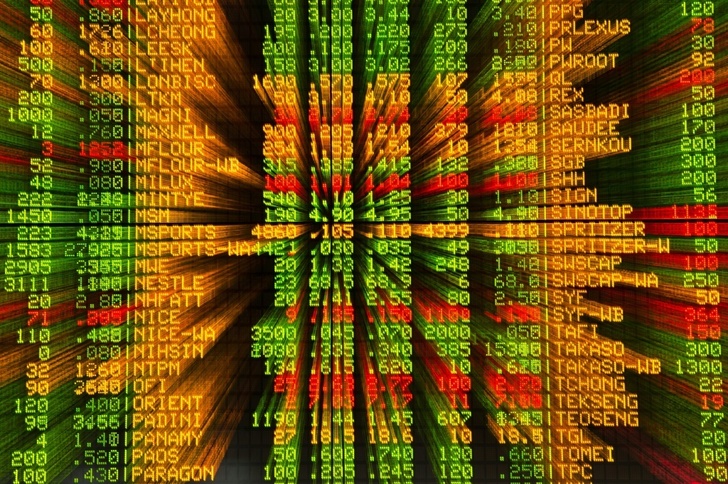Asian markets were mixed Thursday as sentiment was pulled in opposite directions by worries about a US recession and China's shift away from strict Covid restrictions.
A rally across equities at the start of the month has been hobbled this week by growing concerns that the Federal Reserve's drive to rein inflation back from 40-year highs will spark a downturn and skittle company profits.
The US central bank has ramped up interest rates through 2022, including bumper increases of 75 basis points at its past four meetings.
And while data for October showed inflation appeared to be coming down -- lifting hopes the Fed could take its foot off the pedal -- forecast-busting figures on jobs creation and services sector activity suggested officials still had work to do to cool prices.
Analysts pointed out that two-year Treasury yields were much higher than those of 10-year bonds, which is usually considered a clear indication of a looming recession.
This week also saw the heads of some of Wall Street's biggest banks warn of a downturn.
After sinking on Friday and Monday, New York's three main indexes suffered another disappointing day Tuesday with the S&P 500 down for a fifth straight day and the Dow the best performer after ending barely changed.
The losses continued in Asia with Tokyo, Sydney, Seoul, Taipei and Jakarta all in the red.
Traders are now steeling themselves for the release next week of crucial inflation figures and the Fed's final policy meeting of the year, which will be pored over for an idea about its intentions for 2023.
- Good news, bad news -
"The good news is that the market sees more than a reasonable chance of the Fed reversing gears next year, mainly in response to a downturn," said Stephen Innes at SPI Asset Management.
"But the bad news is we are likely to fall into recession thanks in no small part to the lagged impact of the most aggressive Fed tightening campaign since (former Fed boss) Paul Volcker" in the 1980s.
The fear of a US recession is playing off against China's shift away from its zero-Covid strategy of lockdowns and mass testing that has been blamed for clattering the world's number two economy.
After widespread protests last month against the strict measures and calls for more political freedoms, authorities have scaled back many of them and on Wednesday announced a nationwide loosening of restrictions.
While there are worries that the more liberal approach will spark a surge in infections, it has helped fan a rally across markets, particularly in Hong Kong where Chinese tech firms and property developers are listed.
The Hang Seng Index has soared more than 30 percent since the end of October, and while it stumbled Wednesday it rose more than two percent Thursday.
There were also gains in Shanghai, Singapore and Wellington.
On oil markets both main contracts bounced after suffering selling over the past four days as demand concerns caused by a possible recession offset China's reopening.
A jump in US gasoline stockpiles added to the downbeat mood among traders, with WTI sitting at its lowest levels of the year and Brent at its weakest since January.
- Key figures around 0230 GMT -
Tokyo - Nikkei 225: DOWN 0.7 percent at 27,480.49 (break)
Hong Kong - Hang Seng Index: UP 2.2 percent at 19,230.99
Shanghai - Composite: UP 0.1 percent at 3,203.89
Euro/dollar: DOWN at $1.0500 from $1.0510 on Wednesday
Dollar/yen: UP at 136.87 yen from 136.57 yen
Pound/dollar: DOWN at $1.2183 from $1.2209
Euro/pound: UP at 86.19 pence from 86.05 pence
West Texas Intermediate: UP 0.8 percent at $72.58 per barrel
Brent North Sea crude: UP 0.7 percent at $77.67 per barrel
New York - Dow: FLAT at 33,597.92 (close)
London - FTSE 100: DOWN 0.4 at 7,489.19 (close)
dan/rma
© Agence France-Presse
Your content is great. However, if any of the content contained herein violates any rights of yours, including those of copyright, please contact us immediately by e-mail at media[@]kissrpr.com.
Source: Story.KISSPR.com

